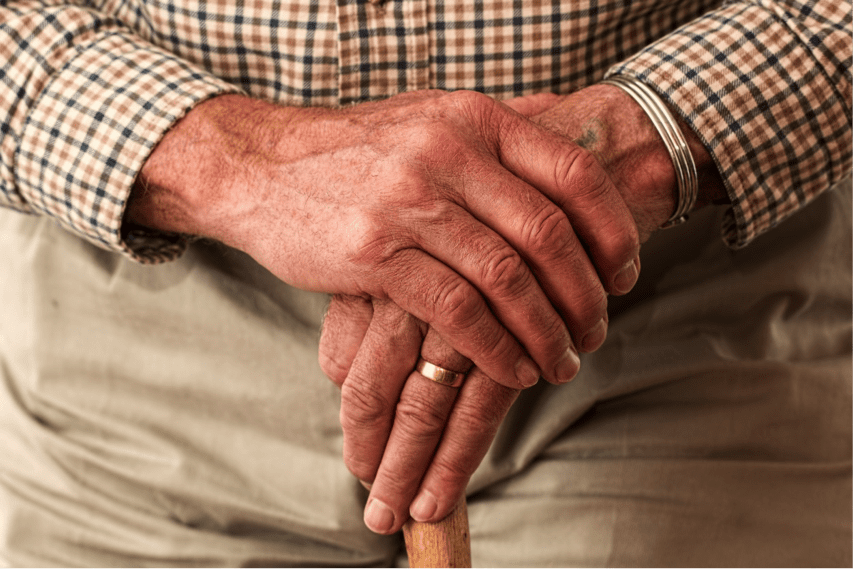| It is a widely held view that we should respect and treat our elderly with kindness. Sadly, this is not always the case. Elder abuse, which is any behaviour that causes harm or distress to an older person, still exists. Even more distressing is the fact that it is generally inflicted by someone whom the victim is reasonably expected to trust. To help combat these issues, some legal safeguards have been created to combat elder abuse. Elder abuse can take several forms, and this includes physical, emotional and financial abuse. While the latter does not often inflict direct harm, financial abuse is still dangerous and harmful to the victim. Below, the ElderLaw specialists at Gillespie Young Watson explain financial abuse and how dependent elderly adults can protect their rights within the constraints of the law. Financial elder abuseAccording to Age Concern, more than half of elder abuse cases reported last year involved some form of financial abuse, second only to psychological abuse. Financial abuse involves illegal or improper use of victims’ money, property or other assets. This can include taking their money or possessions, misusing powers of attorney, using their home and/or utilities without contributing to costs, and scamming the victims to exploit their money or assets. In a recent report from the NZ Herald, a 66-year-old mother who had invested $100,000 in a home to share with her son and his partner was locked out of the property and physically threatened. Since the incident, she sought a protection order and changed her Enduring Power of Attorney to appoint her sister rather than her son. Protecting property rights with legal documentationWhen co-investing in a property with your family, it is wise to set up a property sharing agreement. This sets out the rights and obligations of multiple owners and avoids misunderstandings. Various matters relating to the property can be addressed, such as outgoing payments, what happens if one party wants to sell his or her share of the property, or how it is to be valued in various circumstances. Intergenerational property ownership can also be protected by a deed of arrangement between family members. According to Age Concern, 75 per cent of the alleged abusers from last year’s cases were family members or relatives. Simply having an ownership interest in a property is not enough to avoid interference by family members, as situations and allegiances can change over time. Enduring Power of AttorneyAn Enduring Power of Attorney can help legally protect elderly people when they lose the ability to make autonomous decisions. There are two types of EPAs: property, and personal care and welfare. An attorney is legally obligated to make decisions on behalf of the donor, ensuring that all these decisions are in the donor’s best interest. When setting up an EPA, choose attorneys carefully to protect against abusive or opportunist family members. Your attorney should be someone you trust to handle your day-to-day living and personal effects, including your bank accounts, investments, shares, businesses, care and welfare decisions, and more. Seek Legal Advice from the ElderLaw SpecialistsHere at Gillespie Young Watson, we believe in giving dependent and vulnerable elderly adults the ability to champion themselves with the help of the law. Our specialist ElderLaw team can go through your personal circumstances with you and assist with creating the necessary legal documents to protect your rights. Contact us today at 0800 GYWLAW or at (04) 569 3997. If necessary talk to Age Concern or the police if you are experiencing physical, emotional or financial abuse from a family member. |

Uncategorized


